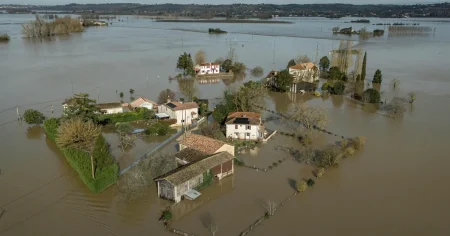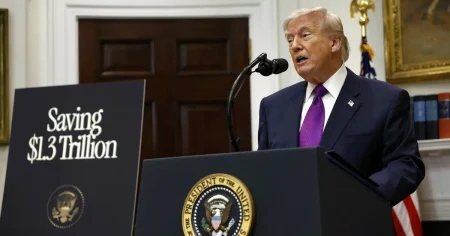The 2024 US Presidential election, often framed as a horse race between personalities, carries significant implications for the direction of the country and the world. Beyond the spectacle and the constant polling updates, the election represents a choice between contrasting visions for America’s future, touching upon fundamental issues like the economy, immigration, foreign policy, and climate change. Understanding the nuances of these policy debates and the stark differences between the candidates is crucial for informed participation in the democratic process. This summary will delve into the core issues of the election, dissecting the positions of Donald Trump and Kamala Harris, while also exploring the potential outcomes in key battleground states.
The economy consistently ranks high among voter concerns, and the 2024 election offers distinct economic philosophies. Trump’s platform likely centers on his previous administration’s policies: tax cuts, deregulation, and a focus on domestic industries. He may emphasize renegotiating trade deals and prioritizing American manufacturing, appealing to voters concerned about job security and globalization. Harris, presumably aligning with Biden-era policies, will likely advocate for investments in infrastructure, clean energy, and social programs, arguing that these measures stimulate economic growth and create jobs while addressing long-term challenges. The debate will likely revolve around the effectiveness of trickle-down economics versus government intervention, with each candidate attempting to convince voters that their approach offers the best path to prosperity. This discussion will also encompass issues like inflation, the national debt, and economic inequality, providing fertile ground for contrasting viewpoints and policy proposals.
Immigration remains a contentious issue, with both parties offering divergent approaches. Trump’s stance is expected to focus on strengthening border security, restricting legal immigration, and prioritizing enforcement against undocumented immigrants. He may reiterate his calls for a border wall and stricter vetting procedures, appealing to voters concerned about national security and the rule of law. Harris, in contrast, will likely advocate for comprehensive immigration reform, including a pathway to citizenship for undocumented immigrants, while emphasizing the economic and cultural contributions of immigrants. The debate will likely center on the balance between border security and humanitarian concerns, with each candidate attempting to frame their position as both practical and morally sound. This discussion will also touch upon the DACA program, the treatment of asylum seekers, and the impact of immigration on American society.
Foreign policy and national security are crucial areas where presidential leadership plays a defining role. Trump’s foreign policy approach, often described as ”America First,” emphasizes bilateral deals, skepticism towards international organizations, and a willingness to challenge existing alliances. He may highlight his negotiations with North Korea and his tough stance on China, appealing to voters who favor a more assertive and independent foreign policy. Harris, likely continuing the Biden administration’s approach, will probably emphasize rebuilding alliances, engaging in multilateral diplomacy, and promoting democratic values abroad. She may highlight the importance of international cooperation in addressing global challenges like climate change and pandemics. The debate will likely revolve around the role of the United States in the world, with each candidate offering a distinct vision for American leadership and engagement in international affairs. This discussion will also encompass issues like the war in Ukraine, the nuclear threat from Iran and North Korea, and the rise of China.
Climate change presents another stark contrast between the candidates. Trump has expressed skepticism about the scientific consensus on climate change and has rolled back environmental regulations. He may emphasize the economic costs of climate action and prioritize domestic energy production, appealing to voters concerned about the impact on jobs and the economy. Harris, on the other hand, will likely champion aggressive climate action, including investments in renewable energy, rejoining international agreements, and implementing policies to reduce greenhouse gas emissions. She may emphasize the urgency of addressing climate change and the potential for creating green jobs and a more sustainable economy. The debate will likely center on the balance between economic growth and environmental protection, with each candidate attempting to convince voters that their approach offers the best path forward. This discussion will also encompass issues like the Paris Agreement, the role of government regulation, and the impact of climate change on different communities.
Predicting the outcome of the election remains a complex undertaking, with several key swing states holding significant sway. States like Arizona, Georgia, Michigan, Pennsylvania, and Wisconsin are likely to be fiercely contested, with both campaigns investing heavily in outreach and advertising. The demographic makeup of these states, the prevailing economic conditions, and the candidates’ ability to mobilize their base will all play a critical role in determining the final outcome. External factors, such as unforeseen events or shifts in public opinion, could also influence the election results. Ultimately, the election will hinge on which candidate can effectively connect with voters on the issues that matter most and persuade them that their vision for America offers the best path forward.














